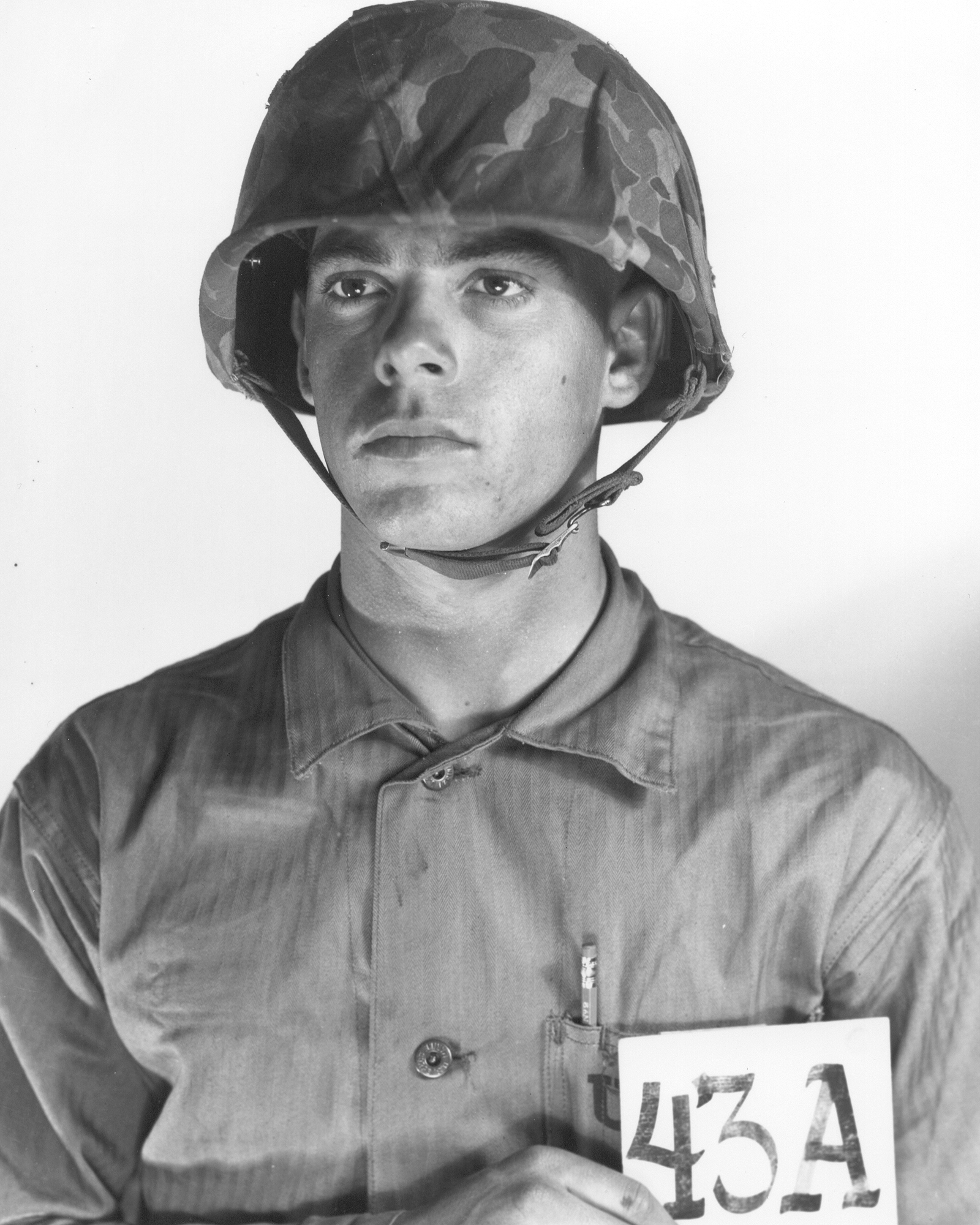Nestled among the bevy of sometimes ridiculous “national” days lies a singular jewel of American freedom; National Beer Day. Celebrated on April 7th, it is a day to go out and enjoy a refreshing brewed beverage, but why? I certainly don’t need an excuse to drink scotch while I write or, to be fair, exist, so why does beer get a holiday?
Started in Richmond, Virginia in 2009 by Justin Smith and Mike Connolly, National Beer Day began as not much more than a Facebook page. It did not take long for the internet to do what it does, and in 2017, the holiday was recognized by Governor Terry McAuliffe, and officially recognized by the state legislature the following year. But why April 7th?
The answer comes, as it often does, from a part of American history where someone did something monumentally ignorant, and someone else had to fix it. In this case, I refer specifically to Prohibition.
The Prohibition Era
Beginning in the late 19th and early 20th centuries, certain religious groups began to lobby for laws that would ban the creation, transport, or sale of alcoholic beverages.
Believing these to be the sole cause of moral decay, domestic violence, and more than a few political reformations they were not enthusiastic towards, these groups worked tirelessly for decades to enact local ordinances and statewide laws until finally, in 1919, a constitutional amendment was added prohibiting the sale of alcohol. Certain exceptions existed, of course, such as wine for religious use, and private home ownership in certain states.
Suffice to say the 18th Amendment was unpopular. While it remained in effect from 1920 to 1933, by the end of its first year organized crime had become deeply entrenched in the sale and distribution of alcohol. Speakeasies, bars which were hidden from law enforcement, sprang up across the US. National protests were frequent and enthusiastic.
As pressure to repeal mounted, the Cullen-Harrison Act was passed. It was a modification to the previous Volstead Act, which had previously defined alcoholic beverages as any that contained more than 0.5% alcohol by volume. Cullen-Harrison increased this limitation to 4.05%, as it was not considered enough at the time to cause intoxication but was enough to create mild beer.
Signed into law on 22 March 1933 by Franklin D. Roosevelt, Cullen-Harrison was a knife in the ribs of the 18th Amendment, the silent sentry takedown which went into effect on 7 April 1933.
After 90 years, we as Americans are free to consume a great number of beverages containing a stunning array of alcoholic content, but this 7th of April, let us take the words of FDR to heart; "I think this would be a good time for a beer."



%201.svg)









